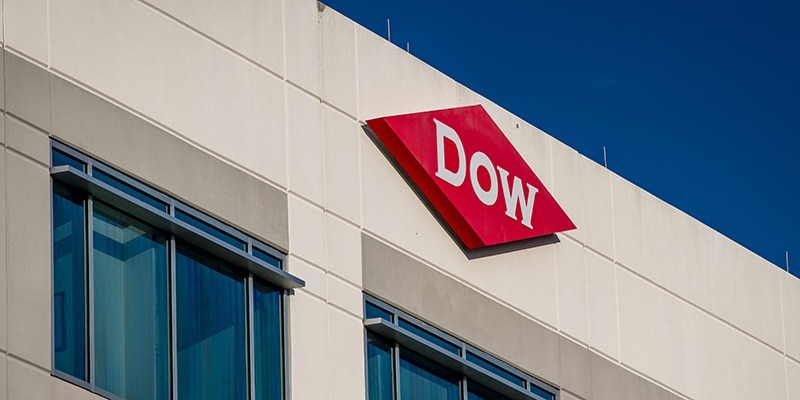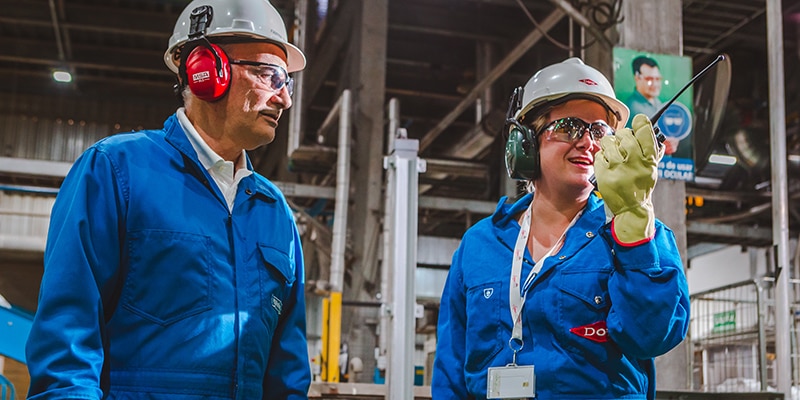Criminal Proceedings
The Court’s notice to TDCC is a procedural step — a request for TDCC to appear to show cause why an application filed by NGOs should not be granted. The application seeks to force TDCC to produce UCC for a criminal trial. It is not a determination that TDCC is liable or responsible for the gas tragedy, nor a summons, nor does it make TDCC a party to the proceeding.
Any efforts to directly involve TDCC in legal proceedings in India concerning the 1984 Bhopal tragedy are without merit. The Indian criminal court has no jurisdiction over TDCC (or UCC), and therefore cannot compel TDCC to take any action. Moreover, TDCC and UCC are separate companies. Under well-established principles of corporate law, the 2001 transaction in which TDCC acquired UCC’s stock resulted in UCC remaining a separate corporate entity responsible for its own debts and obligations. Even in a situation in which UCC might be subject to criminal liability, which is not the case here, such liability cannot be transferred from one entity to another.
TDCC does not conduct business directly in India. The TDCC presence in the country involves separate, affiliated companies.
TDCC's corporate relationship to UCC does not give the Indian courts jurisdiction over TDCC in Bhopal-related matters. UCC remains a separate corporation with its own assets and liabilities. Moreover, UCC did not become a TDCC subsidiary until more than 16 years after the Bhopal gas leak. In addition, TDCC itself does not conduct business in India, but separate affiliated companies do. The fact that other TDCC indirect subsidiaries may conduct business in India does not give rise to jurisdiction over TDCC itself. The lack of jurisdiction over TDCC in India means that the Indian courts cannot compel TDCC to appear in court, take any action, or pay any judgment.
The Indian courts have adjudicated criminal cases against all of the relevant personnel – the corporate officers and those who ran the plant on a daily basis and who were employes of Union Carbide India Limited, the company that owned and operated the plant. Any appeals or other legal action regarding those cases are unrelated to Dow or to UCC.





